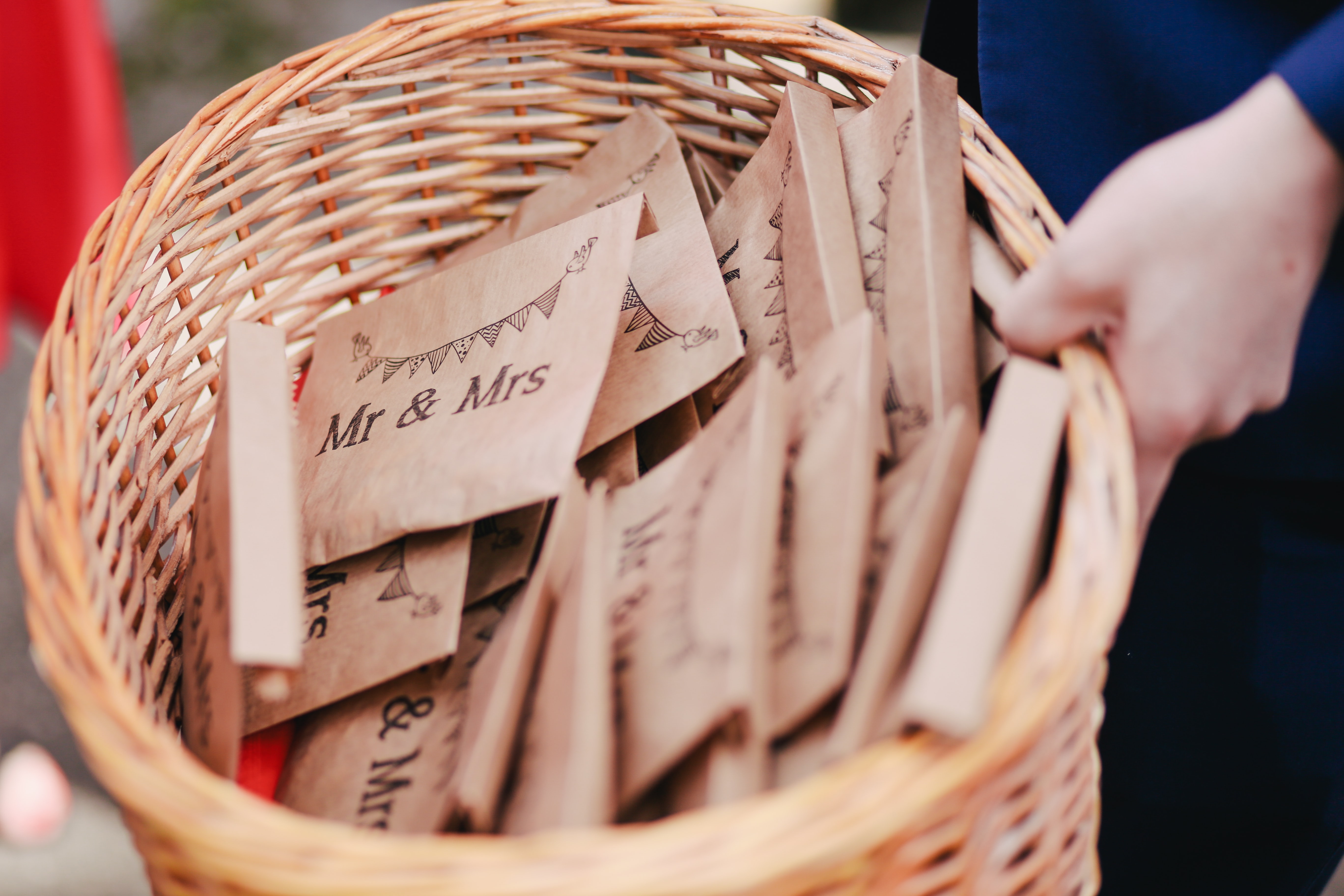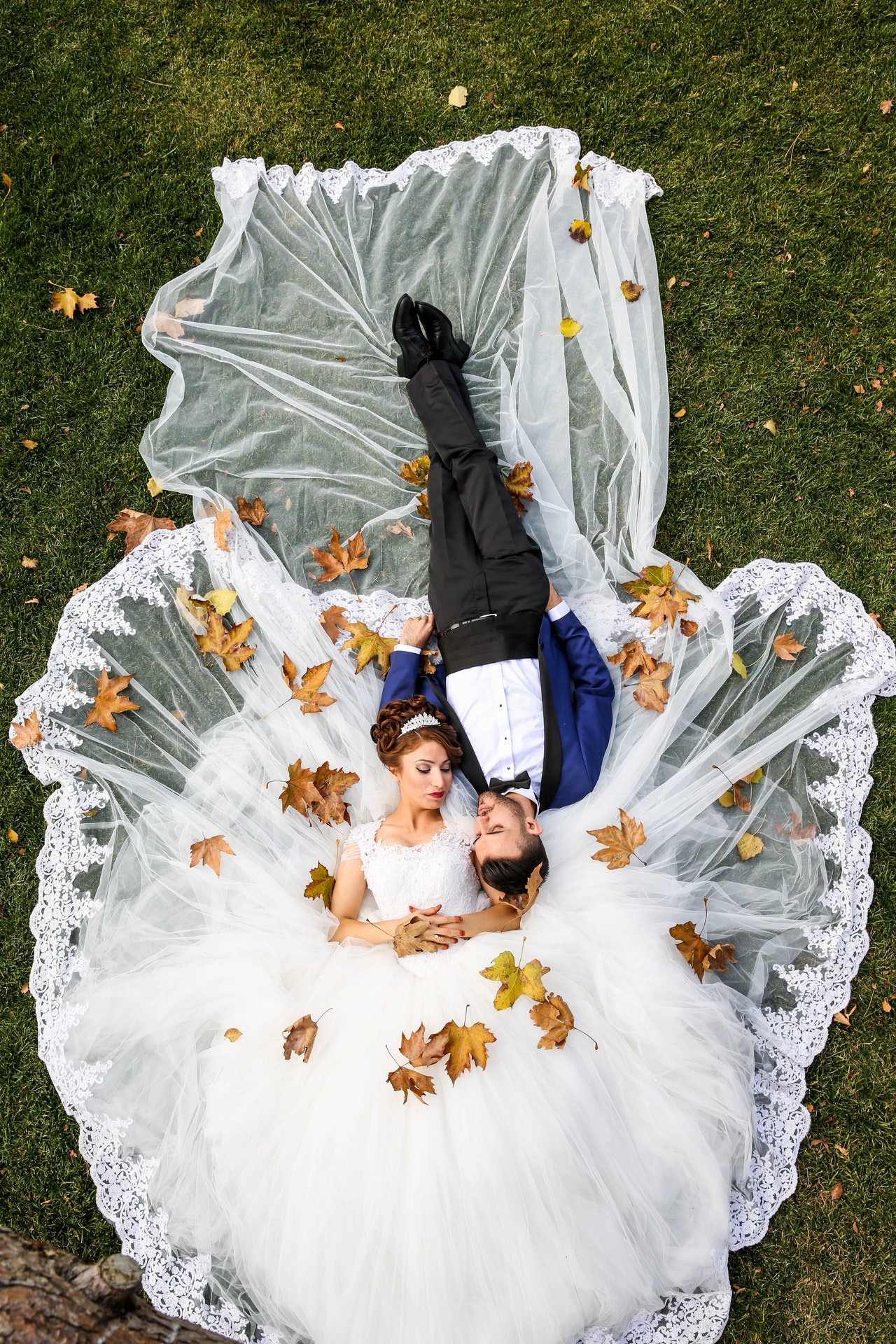Pre-nuptial and post nuptial agreements
The last thing anyone planning a marriage wants to think about is what happens if the relationship breaks down, but with the unhappy statistic of over 50% of marriages ending in divorce, considering making a pre-nuptial agreement is sensible. Look at it as taking out an insurance policy that you hope you’ll never have to use - after all, in other aspects of our lives we do that all the time, without thinking twice.
With that in mind, here is some information about pre-nuptial agreements to help you.

What does a pre-nuptial agreement do?
A pre-nup sets out what will happen to property and assets if a married couple divorce and may also covers what would happen if one spouse dies (this would be backed up by a will).
Are pre/post nuptial agreements legally enforceable?
Whilst pre-nups are not formally recognised in English law if they are drawn up correctly and in accordance with approved guidelines, they are something the court will have serious regard to and convincing a court in any subsequent divorce proceedings to deal with finances in a different way to that set out in the agreement may be very difficult. As the courts now take these agreements so seriously, it is better to have one in place than to have nothing to protect you.
The reality is that, more often than not, if a couple have taken the trouble to talk about financial arrangements and record the agreement at the outset or during the marriage, they are more likely to simply go ahead with that agreement if things go wrong.
When is a pre-nup important?
Arguably, anyone getting married should consider one, if only to give both parties peace of mind that they know what arrangements are agreed if the worst happens. But it is particularly important in the following circumstances:

What is a post nuptial agreement?
A post nup does the same as a pre-nup but is entered into at any time during a marriage. This might be shortly after the marriage has taken place, if it was too close to the wedding to sign it (see below) or it may be several years after marriage. It is often the case that couples consider a post nuptial agreement where an inheritance is received that the parties agree should be protected in the event of a divorce, or if parents or family lend or gift money but want to make sure this is retained by one party or even returned, in the event the parties divorce.
What are the guidelines to making a pre-nuptial agreement?
Arguably, anyone getting married should consider one, if only to give both parties peace of mind that they know what arrangements are agreed if the worst happens. But it is particularly important in the following circumstances:

If you’re thinking of making a pre-nuptial agreement, we would always advise you to start talking about it well ahead of your planned nuptials.
For more information contact us on email at hello@vinelaw.co.uk or call 01945 898090 to chat with Melinda Smith*.
*Privacy Policy




